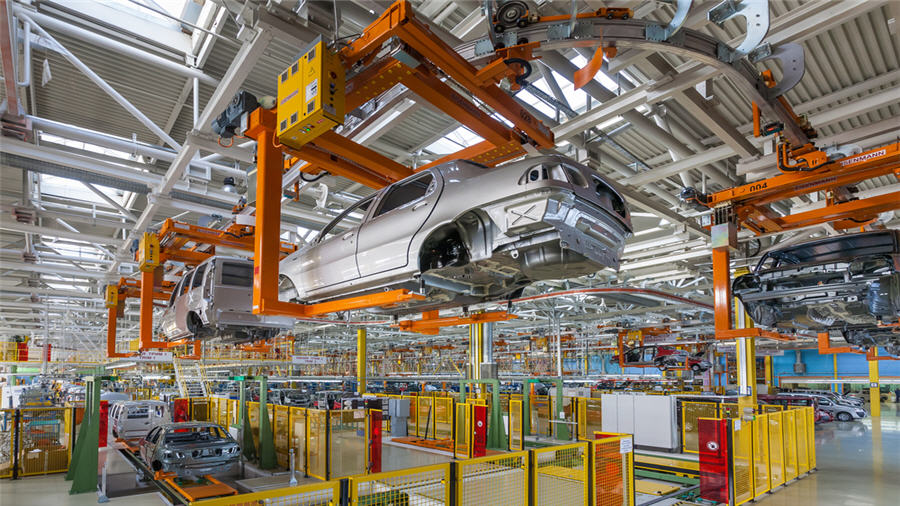Nornickel slashes forecast for palladium market deficit

Russia’s Nornickel, the world’s largest producer of palladium, has cut its deficit estimate for the global palladium market this year and next year due to the flagging recovery of the auto sector, a senior executive told Reuters.
Global demand for palladium has weakened because automakers, which use the metal in pollution-reducing catalytic converters, had to cut production due to a chip shortage.
Nornickel, supplier of around 44% of the global palladium needs, currently expects a deficit of 0.2 million-0.3 million ounces in 2021 and 0.3 million ounces in 2022, said Anton Berlin, Nornickel’s head of sales.
The company previously forecast a global deficit of 0.9 million ounces in 2021 and 0.7 million ounces in 2022 after it cut its own production forecast due to flooding at two of its mines.
Berlin said he expected the auto market, which consumes around 83% of all palladium used each year, to return to normal in 2023.
The company, also the world’s largest producer of high-grade nickel, expects its 2021 palladium and nickel sales to be unchanged from 2020 when they fell 12% to 2.6 million ounces and 4% to 221,000 tonnes, respectively.
“In 2020 we had unsold metal due to pandemic and we pushed back sales to this year in anticipation of economic recovery … We had excess stockpiles which, amid lower production this year, came in handy,” said Berlin.
He added that sales from Nornickel’s Global Palladium Fund helped the company meet its contractual obligations this year. The fund buys palladium from the Russian central bank and other holders and then sells it to the global market.
In the first half of 2021, the company’s palladium sales increased by 6% to 1.347 million ounces, while nickel sales were down 1% to 98,000 tonnes.
Stockpiles will return to normal levels by the end of 2021, according to Berlin.
Berlin also forecast a deficit in the global nickel market of 70,000 tonnes this year and a surplus of 100,000 tonnes in 2022. The company’s 2022 projection does not take into account possible export restrictions by Indonesia.
Berlin said he did not expect the energy crisis in China to have an appreciable impact on the market.
China is scrambling to ease a power crunch stemming from a coal shortage, which prompted analysts to cut the growth outlook in the world’s biggest metals consumer, and its factory activity unexpectedly shrank in September, partially due to power usage curbs.
“I’d like to believe that this crisis will be short-lived,” said Berlin.
(By Anastasia Lyrchikova; Editing by Maria Kiselyova)
More News
{{ commodity.name }}
{{ post.title }}
{{ post.date }}




Comments